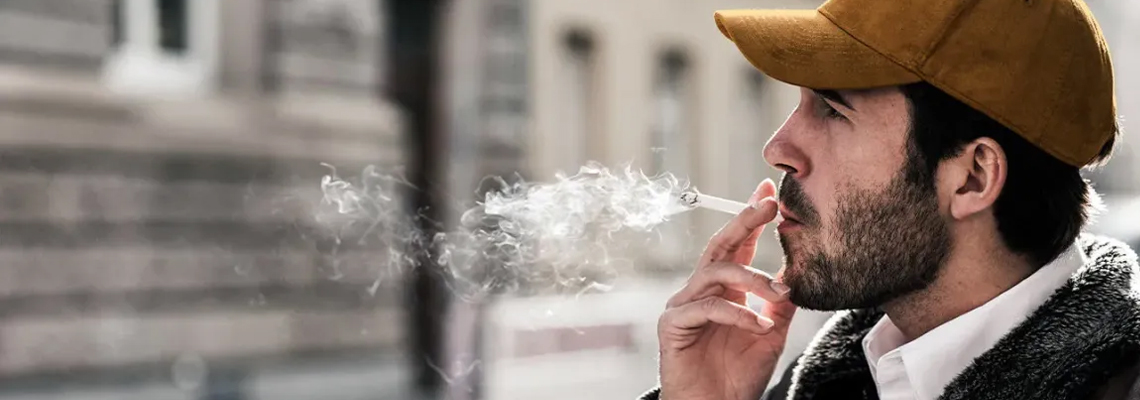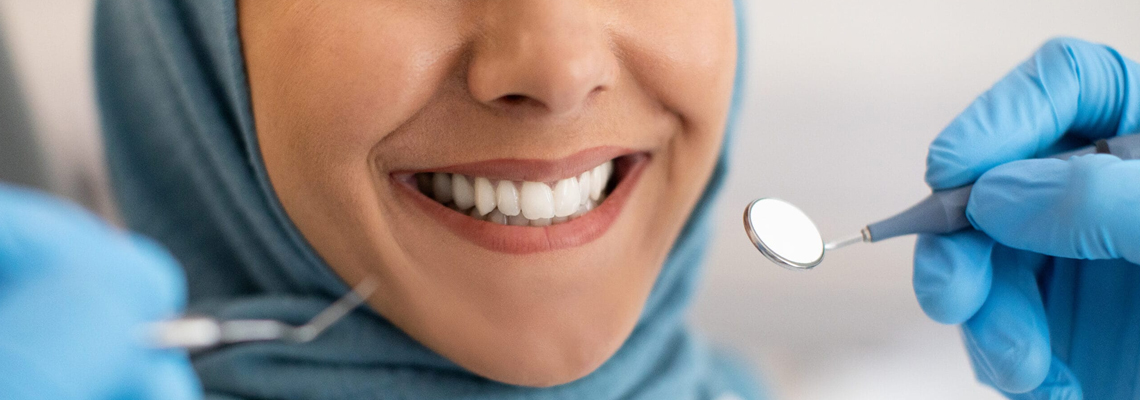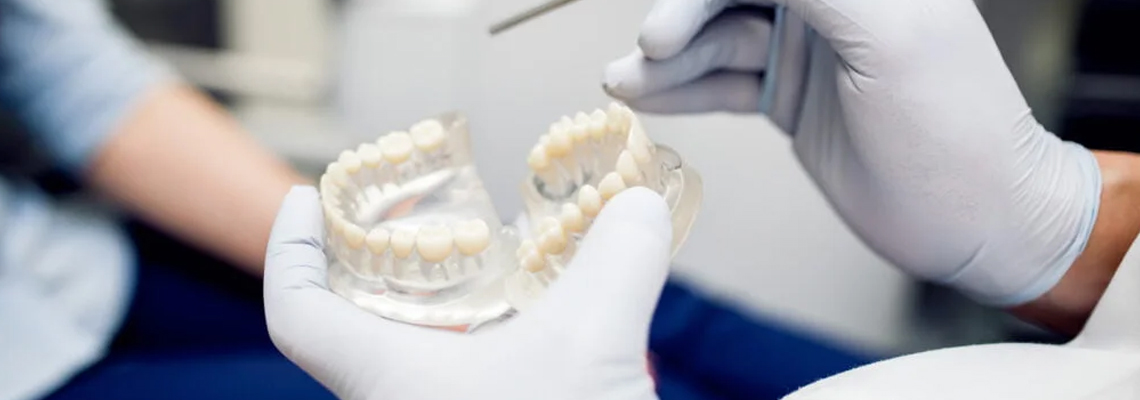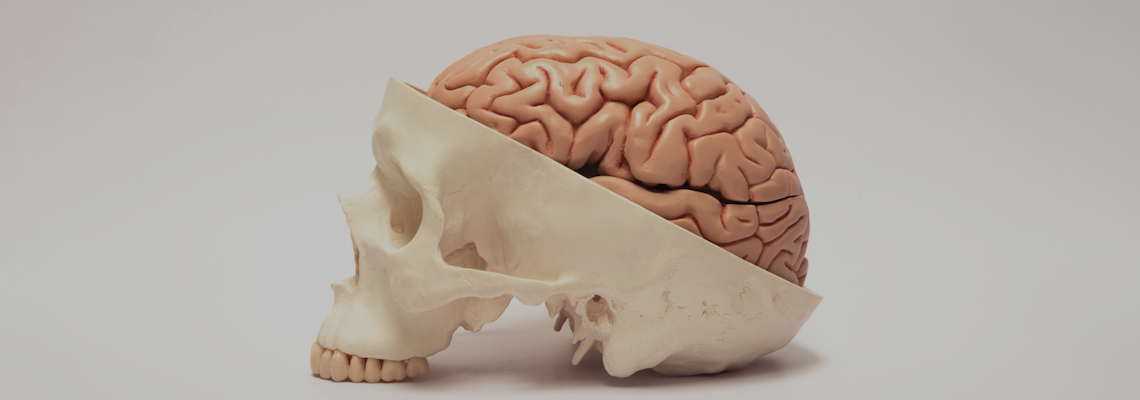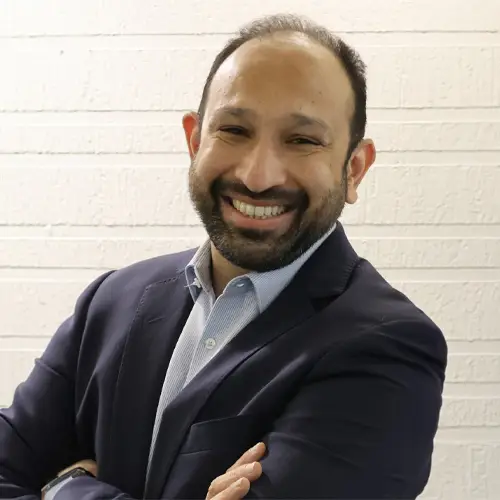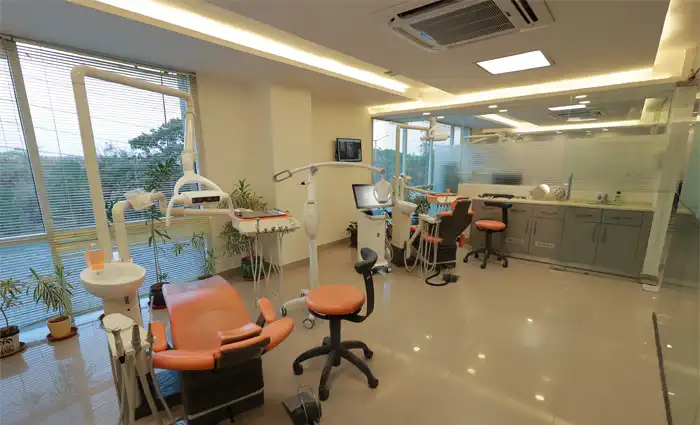According to the Centers for Disease Control and Prevention, there are around 36 million people who smoke in the United States alone. This represents approximately 15 percent of the population. Even while this percentage has gone down over the years, there are still a significant number of people who put themselves at risk for dental problems due to their habit of smoking.
What kind of damage can smoking do to a person’s teeth? Chewing tobacco can cause a variety of problems for your teeth. The power of your mouth to fight against illness is diminished when you smoke cigarettes, leaving you defenseless against the germs that are created when you smoke. Plaque and bacteria can become a problem when your mouth is unable to defend itself. The following are some of the oral health problems that can be caused by increased plaque and bacteria:
Discoloration of the Teeth
One of the most telling indicators that a person is a smoker is the presence of yellowed or discolored teeth. The chemicals in tobacco adhere to the enamel of your teeth, which over time causes your teeth to yellow and become discolored. Whitening treatments for teeth can help slow down this process, but it is hard to halt or reverse it totally if you continue smoking.
A Stinky Odor
The proverb “your breath stinks like an ashtray” is, more often than not, accurate when referring to smokers in modern times. Despite the fact that a cigarette has been extinguished, cigarette particles continue to linger in the mouth for an extended period of time, which results in the breath smelling like a cigarette.
In addition to this, the longer-term consequences of smoking also contribute to the development of foul breath. Bad breath is caused by an excess of germs in the mouth, which is common among smokers. Unfortunately, there is no way to get rid of the stench because it is caused by gum disease, oral sores, and decay, and no amount of brushing or gargling with mouthwash can do the trick. Quitting smoking completely and working with a dentist to treat the underlying problems it produced is the only way to truly turn things around and make a positive change.
Long-term smoking can also lead to inflammation of the salivary glands, which can cause painful swelling in the face and may necessitate surgery if salivary gland stones form. Both of these complications can be caused by the presence of salivary gland stones.
Disease of the Gums
The Centers for Disease Control and Prevention (CDC) reports that people who smoke have a greater likelihood of developing gum disease than people who do not smoke. Each cigarette you smoke raises your likelihood of developing gum disease, and therapies for the condition are less effective on those who smoke.
Why is this the case? The power of your mouth to fight against germs is diminished when you smoke, which makes it easier for the bacteria to accumulate on your teeth and eventually reach your gums. If treatment is not provided, the gums might separate from the teeth, which can lead to a weakening of the bone structures behind the gums. The most severe type of this condition is known as periodontitis. In this condition, the bone and tissue that keep teeth in place deteriorate, which can lead to the loss of teeth or their removal.
Heavy smokers are more likely to have tooth loss because their mouths are not given breaks that are long enough to allow for healing. Additionally, the effects of treating gum disease with therapies such as brushing, flossing, prescription mouth rinses, and tartar removal treatments are diminished when a person smokes.
A Slower Rate of Healing
The unfortunate truth is that the negative news for smokers does not end there. Not only does smoking raise your risk of oral surgery and tooth extraction, but it also reduces your body’s capacity to heal quickly after undergoing these treatments. Additionally, it results in a decreased percentage of effective dental implant surgeries.
If you leave your mouth in an exposed position for a longer period of time, you increase the likelihood that you may experience further difficulties. Dentists are trained to alleviate this problem to the greatest extent feasible, but treatment strategies have a limited amount of success when patients continue to smoke.
Oral Cancer
Oral cancer is the most serious kind of mouth problems that can be attributed to smoking. Around 50,000 persons in the United States are diagnosed with mouth cancer each year, and the Oral Cancer Foundation estimates that around 80 percent of those diagnosed with the disease are smokers. When smoking is paired with heavy drinking, the chance of acquiring mouth cancer is significantly increased.
The first sign of oral cancer is a white or red patch in the mouth, which may be followed by symptoms such as trouble chewing or swallowing food, numbness in the jaw, and even discomfort in the ear. The National Institutes of Health advises that anybody who has had these symptoms for more than two weeks should make an appointment with a medical professional, despite the fact that there are likely other explanations for these symptoms. When cancer is identified at an earlier stage, therapy is likely to be more successful.
The Ideal Course of Action
Again, a treatment plan to help reduce the troubles connected with smoking can be devised by a dentist, but the only way to make them totally disappear is to give up smoking. Quitting smoking will help you live a longer, healthier life and reduce your risk of developing dental problems, which are just one of the many aspects of your body that may be negatively impacted by the habit.
Are You Looking For Dental Implants
Click on the links below to learn more about the approximately $50,000 savings option for Dr. Motiwala’s packages.
- Full mouth dental implants & Cost of Treatment
- Smile Makeover & Cost of Treatment
- Watch 100’s of Testimonials from our International Patients
Make An Appointment!
If you are suffering any dental difficulties or if you are interested in learning more about dental implants and the ways in which they may improve the beauty and stability of your smile, please get in contact with us as soon as possible if you have any of these questions or concerns. Simply give the staff at the Dr. Motiwala Dental Clinic & Implant Center a call at the following number +91 99596 14584 to schedule an appointment for a consultation and learn more about the treatment. You may also get in contact with us by visiting our website, clicking the banner that is located below, and filling out the form on the Contact Us page.



